
Human Rights Portfolio
Human Rights and Eradication of Violence Organization (HREVO)

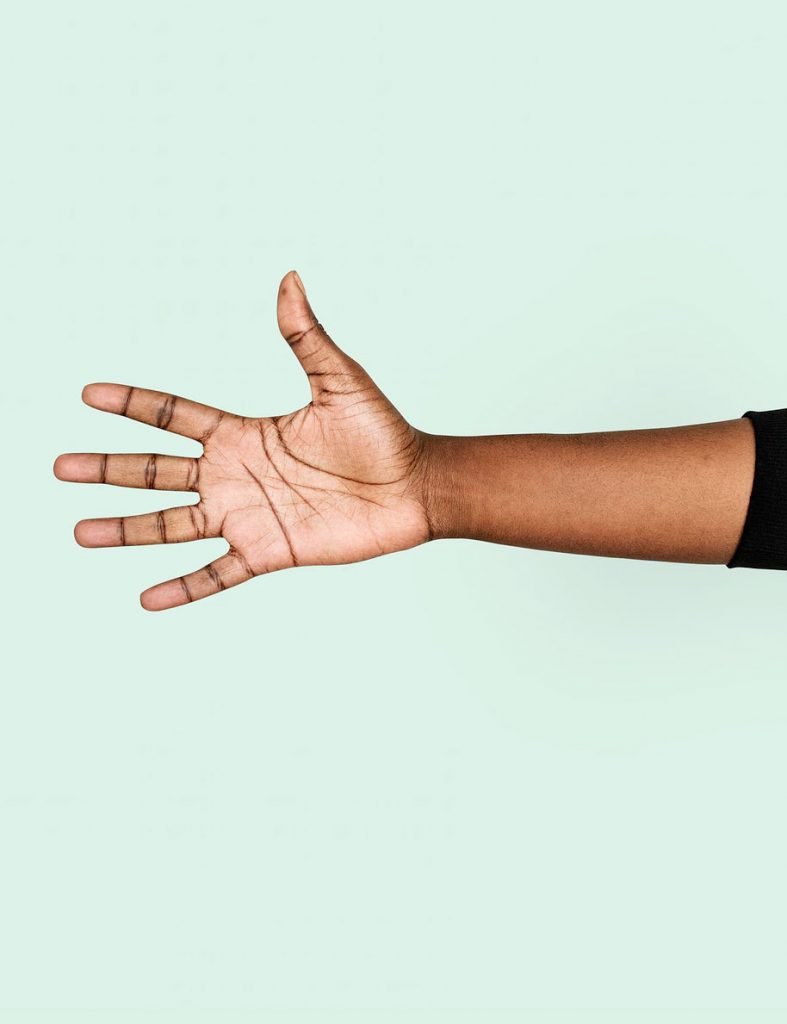
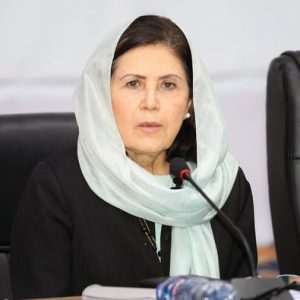
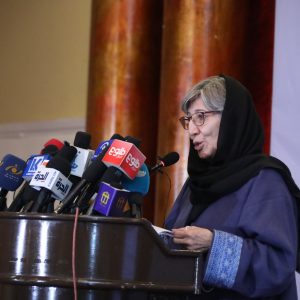
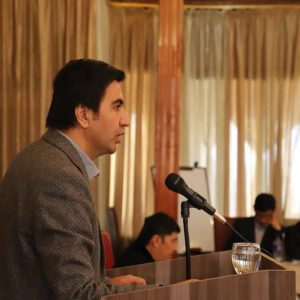
Situation Analysis
A number of developments have taken place during the implementation of HREVO’s 2012-2019 strategy. In the legal framework, Afghanistan has adopted some of the most important human rights conventions, including but not limited to the Convention against Torture and the Convention on the Rights of the Child. Afghanistan has also adopted the Access to Information Law. Additionally, we had the promulgation of Anti-harassment of Women and Children Act Law in 2017, the criminalization of hymen testing in 2018, and the development of Action Plan for UNSC resolution 1325 in 2019. In terms of structures we had the EVAW commissions established in 34 provinces and a special deputy prosecutor for anti-violence at the provincial level. Added to above, there is a raising policy debate on enhancing women’s participation at the sub-national level – politically and economically.
We have also witnessed the slow disappearance of women’s symbolic representation and the emergence of their meaningful participation. While this could be considered an achievement, the whole notion of missing out on symbolism is also questionable. Symbols are critical in shaping ideas and rallying people around it. We have seen the fading away of symbolic events like the celebration of the 8th of March, among others. Another debate that has considerably faded away is the issue of women in Islam. While it could be termed as an achievement that helped women move towards a secular legal setup, the reemergence of peace talks with the Taliban will definitely bring this issue forth.
Furthermore, in recent years, there have been cases of violence against transgender and third gender persons which have not been made public. Since there are no statistics or researches on them, this issue has been dealt with in secrecy by the state and even human rights organizations. HREVO believes that it is time that the rights of these people should be acknowledged by the Afghan state. Given that this issue is not only sensitive and taboo but also never inquired about, it is imperative that a broader discourse should be formulated on it. This should include a broader approach towards the elimination of discrimination against minorities in the form of a law.
1.Legal Frameworks and Structures
Afghanistan has some of the most progressive laws in comparison to our region. However, there is still room for their improvement, particularly in protecting the rights of minorities. A persistent issue in this regard is discrimination against ethnic, linguistic, gender, and religious minorities. Even the current laws are not properly and adequately implemented. In many cases these laws have been violated substantially giving raise to corrupt structures.
2.Social Structure
Weak governance and absence of state control in almost half of the country has reinforced medieval social structures and practices. These have considerably limited women’s and other minorities’ access to their fundamental rights that are protected by the Afghan constitution. One such practices is the continuous unfortunate thriving informal justice that has inhumanely victimized women and minorities.
3.Women and Judiciary
Women’s presence is significantly low (21.7% in AGO, 11.5% in courts and 18.2% in Attorney Association) in judicial sector of Afghanistan. Those women present in this sector have less decision-making authority and have a predominantly symbolic role. There are a variety of reasons that have contributed to this situation, their lack of expertise is considered a key factor.

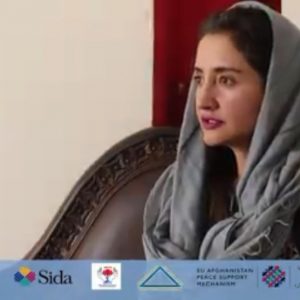
Key questions and debates
- Target audience
There are no doubts that women have continued to be victims in the recorded history of Afghanistan. A number of approaches have been taken to empower them to correct this wrong. Most of these approaches have targeted women audience only. However, some challenges this method by arguing that since men play a pivotal role in shaping the context in which women are victimized it becomes imperative that these men should become part of the solution by including them in the empowerment process of women. There is no consensus among civil society actors nor there are any solid evidence to support any particular method. HREVO will continue to focus on both categories of audience.
- Religion and Human Rights
There is a continuous debate on how human rights should be approached in a country with a state religion. This debate is relevant to Afghanistan as well. A majority of actors in Afghanistan, appreciating article three of the Afghan constitution, maintain that any human rights discourse should be followed under the auspices of Islam. The emphasize is that as an all-encompassing religion Islam has protected and dignified human rights to the extent possible. On the other hand, others argue that most religions are misogynistic in nature and at the same time do not have provisions to protect the rights of minorities, therefore a secular approach should be maintained. This is a very sensitive and delicate issue with no possible concrete response. This will remain a key debate in the human rights discourse for years to come.
Actors/Partners
HREVO has partnered with a wide range of actors in its human rights’ portfolio in the previous years. The Canadian Embassy in Kabul, National Endowment for Development, Swedish International Development Agency, and Open Society Afghanistan were HREVO’s major donors in the previous years. They will continue to be key partners for HREVO in the years to come. To broaden and diversify its donors, HREVO will approach European Union, UN-Women, CordAid, DFIF, the Australian Embassy in Kabul, DAI-Musharikat, the Finnish Embassy in Kabul, the Swedish Committee for Afghanistan, Counterpart International, USAID, International Development Law Organization, the Italian Embassy in Kabul, the Asia Foundation, USIP, the Dutch Embassy in Kabul, and UNDP.
Afghan Women Network, Women and Children Legal Research Foundation, ADDO, FCGO, CSHRN, and ACSFo have proven themselves to be the major actors in this field and close ally with HREVO. From among the state institutions, the Attorney General’s Office, Ministry of Justice, the Supreme Court, Ministry of Women’s Affairs, Ministry of Higher Education, and Afghanistan Independent Human Rights Commission are the most important actors in this field. HREVO has already a strong working relation with all of them. Subh-e Kabul, 8 Subh, Etlaat Roz, Klid Group, and Salaam Watandar are the prominent media actors having cordial relation with HREVO. HREVO will expand its media partners particularly in the provinces with local media organizations to expand its outreach.
Hypothesis:
Patriarchy resulting into harmful socio-cultural practices has led to the continuous of weak and ineffective state structures with low presence of women and minorities in decision-making posts giving way to poor laws and the continuation of informal justice system and discrimination.
Theory of Change:
We advocate to empower women and minority communities to challenge informal justice systems and eliminate harmful traditional practices and discrimination.
Address List
-
6 District, Karte 3,
Kabul, Afghanistan
-
6 District, Karte 3,
Kabul, Afghanistan
-
+93789138989
+93788138989
-
[email protected]
Links List
HREVO
Human Rights and Eradication of Violence Organization